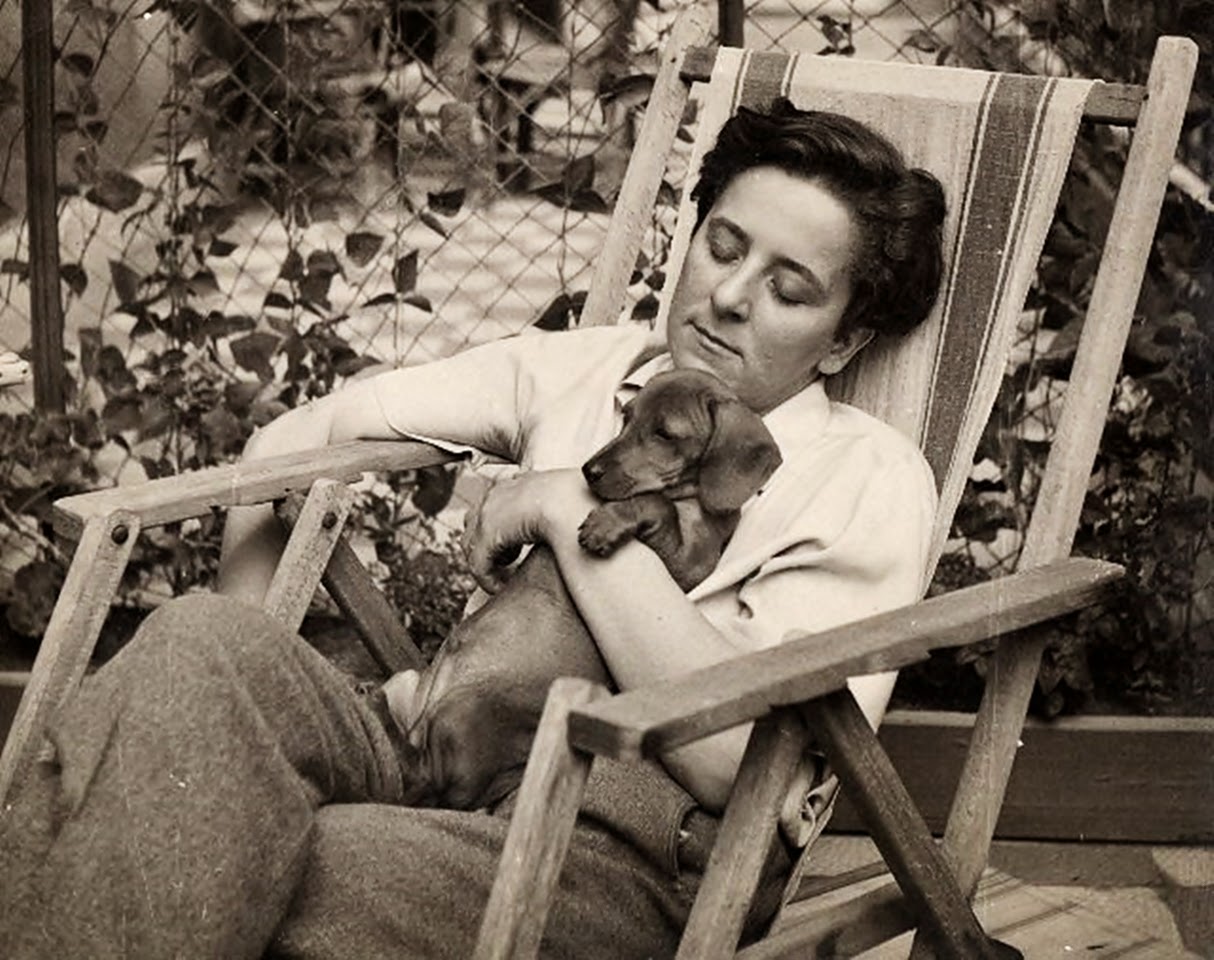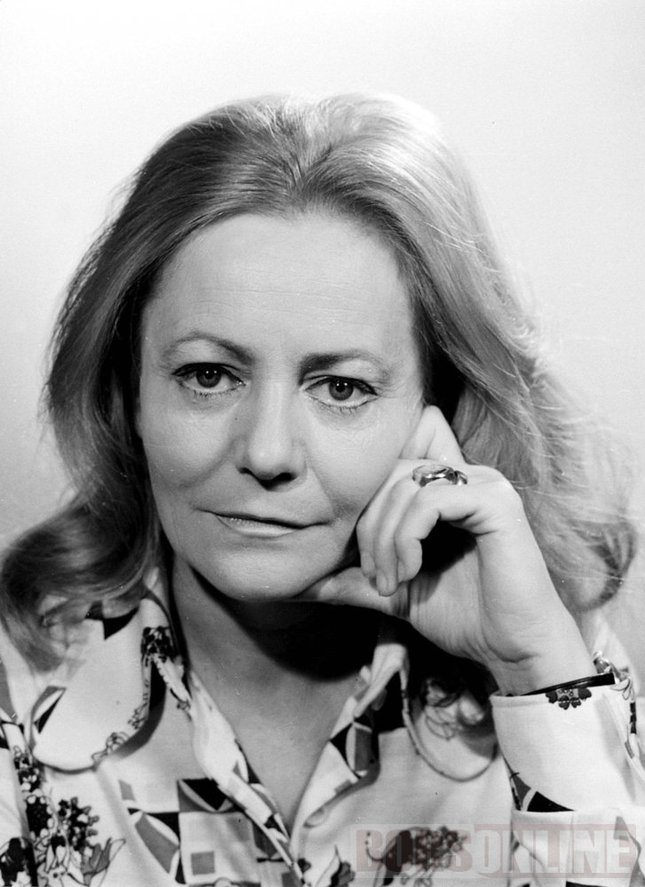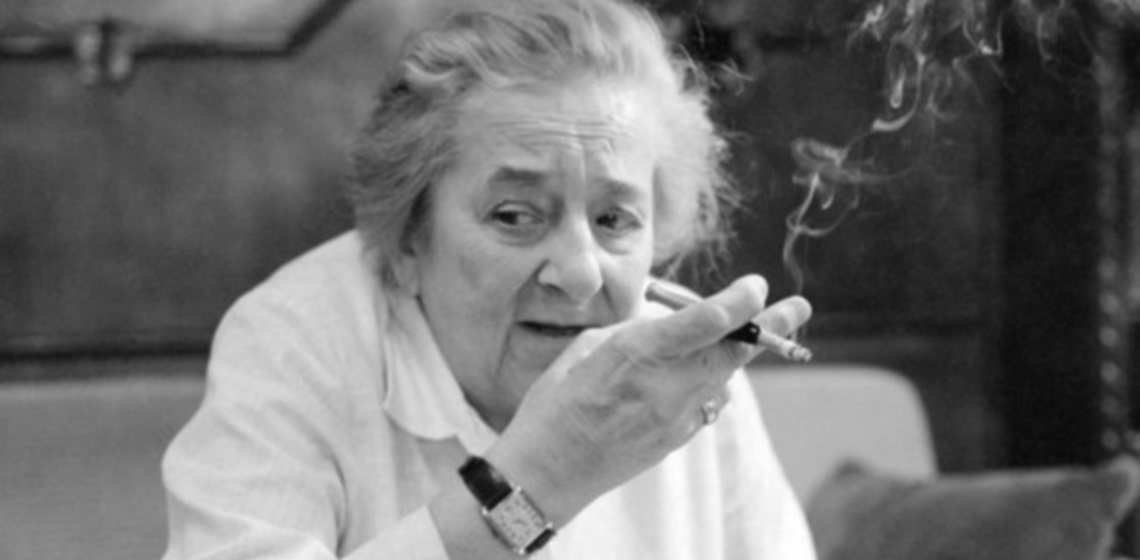Hilda Gobbi was many things: for her mother, a loving daughter; for her colleagues, someone to lean on; and for the public, a caring figure. She is best known for her portrayal of elderly women, which she excelled at, even as a young actress. She was politically active, leaning to the left, and had two great loves that we know of, both of them are women.
Hilda Gobbi was born into an Italian family, her grandfather was a well-known composer and conductor. She was raised by her mother, Gréti – her father, a sort of bon vivant was not someone to rely on. She studied at the Academy of Drama and Film in Budapest. During this time she came in contact with the Resistance, which shaped her whole life.
Politically, she was a dedicated leftist - despite her own poverty, she always tried her hardest to help the less fortunate. As an actress, she worked to get employment and residence to her colleagues in need. She offered to fund the refurbishing of the National Theater, and was incremental in the founding of the Gizi Bajor Actor's Museum and the Mari Jászai Actor’s Home.

Her commitment to the left started during World War II - a time where being part of the resistance meant living constantly in danger. During this time she met with János Kádár and György Aczél. Even though homosexuality was considered a crime during the socialist era, she was always open about her sexuality, and was always accepted by her peers.
After leaving the National Theater, she joined József Attila Theater in 1960. She kept her fight for what she believed in, as well as her bohemian side: she loved a good drink and was rarely seen without a cigarette.
Her first famous love was her colleague, Hédi Temessy, they lived together in her villa in Buda. Even before that, she was never secretive about her sexual orientation, so much so that she sort of lived like a man: often wore men’s clothes, opened doors for women and on many occasions, sent a hundred red roses to Hédi for her premieres. She often said about herself: “I’m such a guy”.

It wasn’t an issue amongst her colleagues - this was how they got to know her, this was her. She practically was never at a disadvantage because of her orientation. This is especially noteworthy if we consider the fact that homosexuality was a crime until 1961, and a mental illness afterwards.
In 1982, Károly Makk was directing a movie titled Another Way, based on a novella by Erzsébet Galgóczi (original title: Another Love), who herself was an out lesbian. The movie was about an affair between two women, and this was considered so risqué that Makk had to find actresses in Poland.
After Hilda Gobbi ended her relationship with Hédi Temessy, she became the partner of the aforementioned Erzsébet Galgóczi, author of Another Love - who, by the way was 17 years younger than her. Galgóczi herself was a very political person as well, they were together until Gobbi’s death in 1988. Erzsébet Galgóczi died a year later, in 1989.

